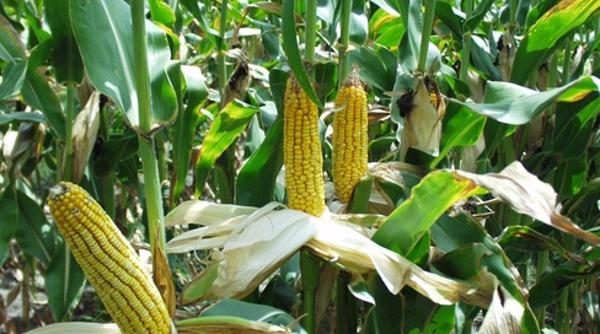
Twenty Years of Failure: Why GM Crops Have Failed to Deliver on Their Promises
Seven myths about GM crops, and the truth behind them
MYTH 1: GM crops can feed the world
REALITY: There are no GM crops designed to deliver high yields. Genetic engineering
is ill-adapted to solve the problems underpinning hunger and malnutrition – it
reinforces the industrial agriculture model that has failed to feed the world so far.
MYTH 2: GM crops hold the key to climate resilience
REALITY: Genetic engineering lags behind conventional breeding in developing
plant varieties that can help agriculture cope with climate change. Climate resilience
heavily depends on farming practices promoting diversity and nurturing the soil, not
on the over-simplified farming system GM crops are designed for.
MYTH 3: GM crops are safe for humans and the environment
REALITY: Long term environmental and health monitoring programmes either do
not exist or are inadequate. Independent researchers complain that they are denied
access to material for research.
MYTH 4: GM crops simplify crop protection
REALITY: After a few years, problems such as herbicide-resistant weeds and super-
pests emerge in response to herbicide tolerant and insect resistant GM crops,
resulting in the application of additional pesticides.
MYTH 5: GM crops are economically viable for farmers
REALITY: GM seed prices are protected by patents and their prices have soared
over the last 20 years. The emergence of herbicide-resistant weeds and super-
pests increases farmers’ costs, reducing their economic profits even further.
MYTH 6: GM crops can coexist with other agricultural systems
REALITY: GM crops contaminate non-GM crops. Nearly 400 incidents of GM
contamination have been recorded globally so far. Staying GM-free imposes
considerable additional, and sometimes impossible, costs for farmers.
MYTH 7: Genetic engineering is the most promising pathway of innovation for
food systems
REALITY: Non-GM advanced methods of plant breeding are already delivering the
sorts of traits promised by GM crops, including resistance to diseases, flood and
drought tolerance. GM crops are not only an ineffective type of innovation but they
also restrict innovation due to intellectual property rights owned by a handful of
multinational corporations.
